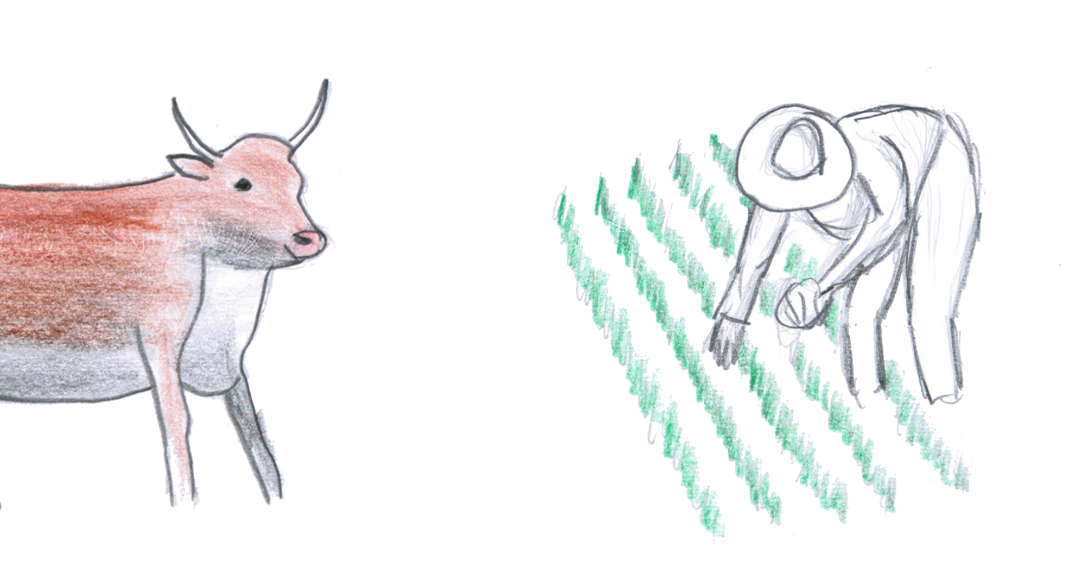
von Thomas Fester | Nov. 21, 2016 | Ecology, News
Methane as a greenhouse gas Similar to carbon dioxide, methane is absorbing heat radiation in the atmosphere preventing it from leaving into space. It is doing this much more efficiently when compared to carbon dioxide. Since methane is less abundant in the atmosphere...
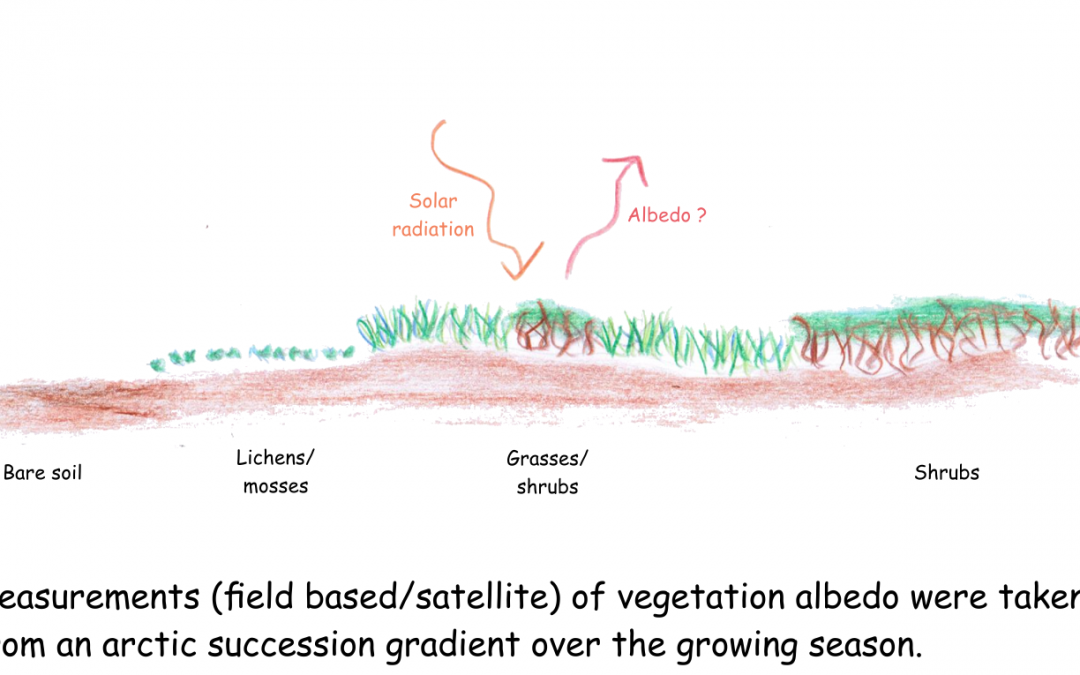
von Thomas Fester | Nov. 21, 2016 | Ecology, News
To which extent will the Arctic absorb solar energy under future climate conditions? Global warming has resulted in less snow cover and more vegetation in the Arctic. Less snow results in more solar radiation absorbed by the ground (less albedo) and transformed into...
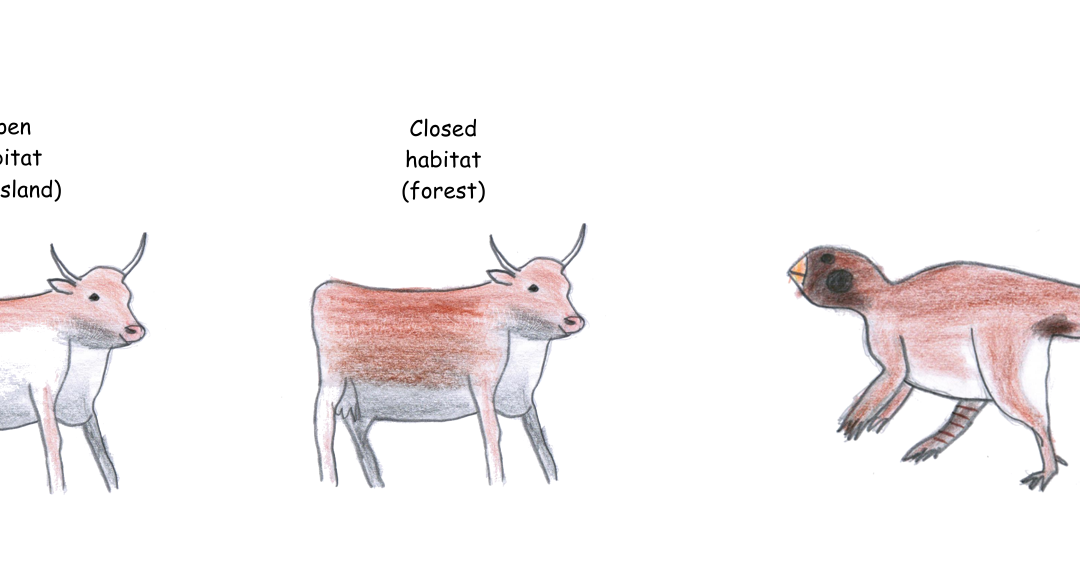
von Thomas Fester | Nov. 21, 2016 | Ecology, Natural History, News
Psittacosaurus were relatively small, plant-eating dinosaurs. In a particularly well-preserved specimen from China, pigmentation of the skin and scales could be studied. Apart from dark pigmentations in the face, cloacal area and hindlimb, a typical countershading...
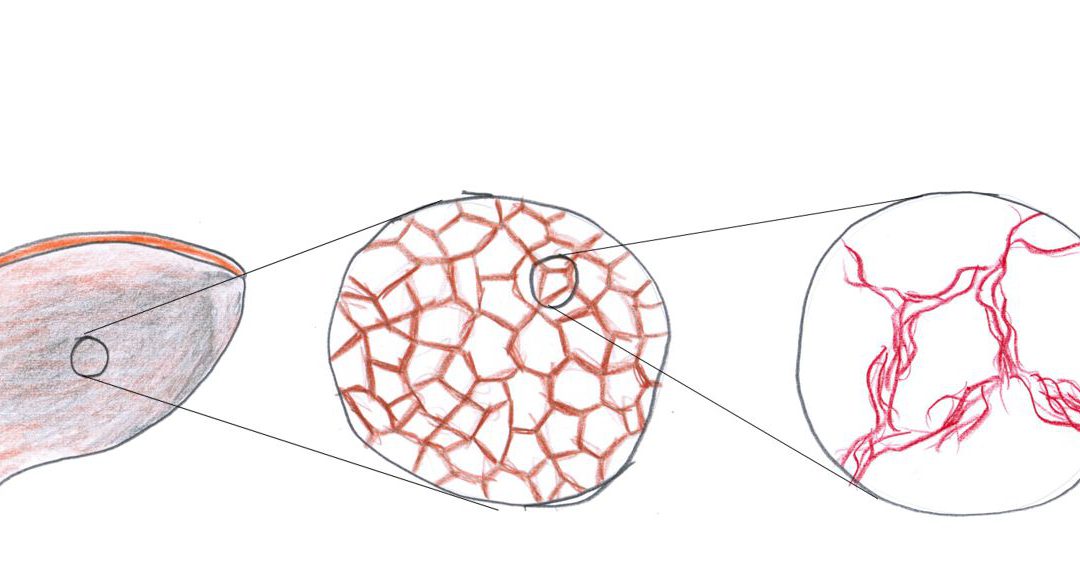
von Thomas Fester | Nov. 21, 2016 | Ecology, Natural History, News
Whole genome sequences allow comparison of Wisent and Cattle Two recent publication about DNA sequences from the European Bison (Bison bonasus) illustrate different strategies and their results in the molecular analysis of natural history. Gautier and colleagues...
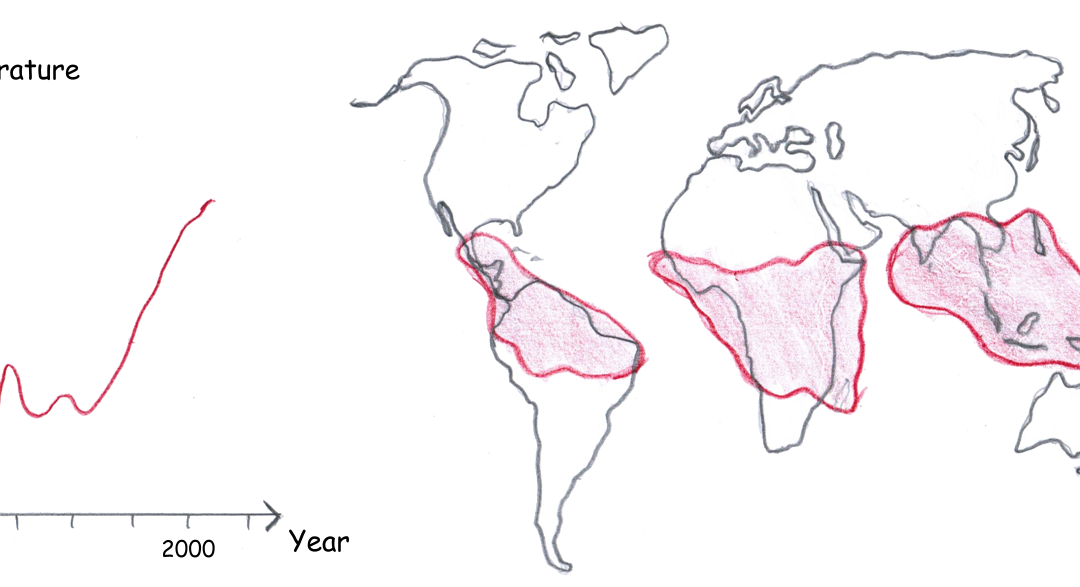
von Thomas Fester | Nov. 21, 2016 | Ecology, News
The Paris climate deal The Paris climate deal already is a step in the right direction, but will apparently be not sufficient to prevent major damage to ecosystems and human livelihood. The deal encompassed a common commitment to keep increases in global temperatures...
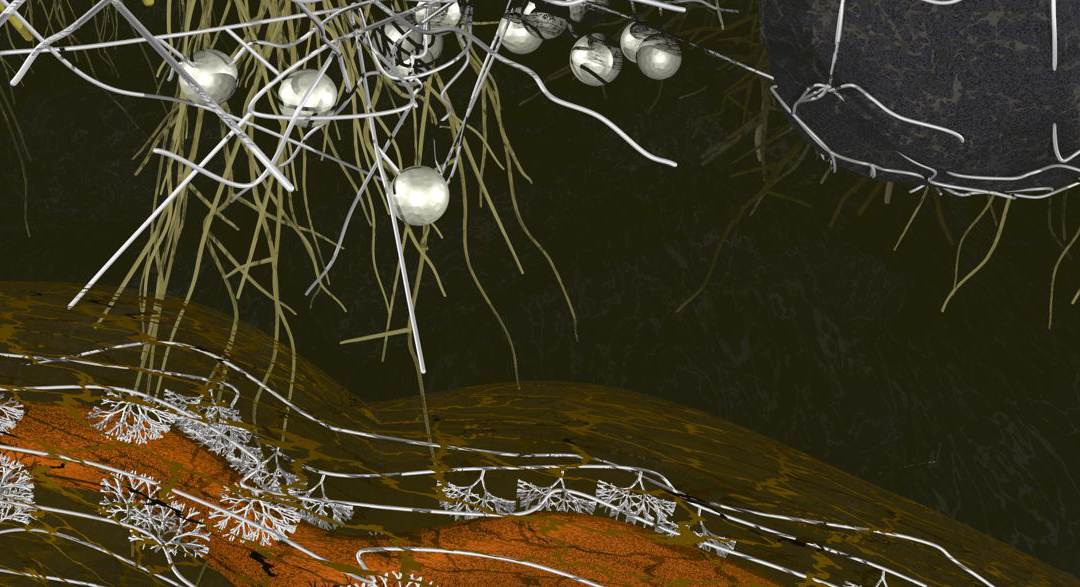
von Thomas Fester | Nov. 14, 2016 | Ecology, Soil Biology
From climate change to soil fertility – small soil fungi with big impact When looking at roots from plants growing in your garden there is a good chance that they will be colonized by arbuscular mycorrhizal fungi. These fungi are very small and you won’t see...







Neueste Kommentare